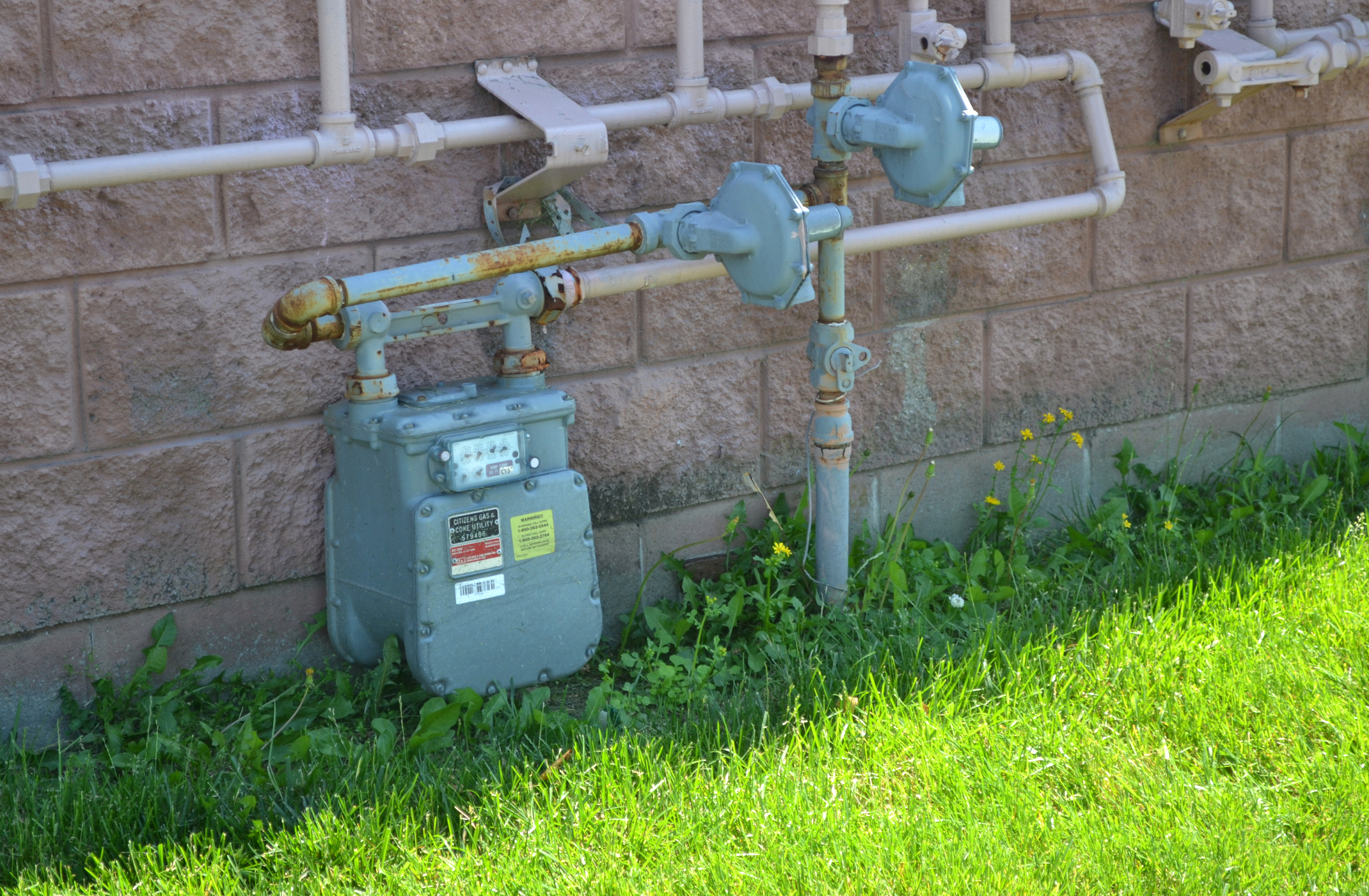Trenton, NJ – As New Jersey residents grapple with escalating electric and gas bills, a new legislative proposal, Bill A5446, has emerged in the 2024-2025 session to curb the financial strain on households. Introduced to the state Assembly, the bill seeks to prohibit the New Jersey Board of Public Utilities (BPU) from approving electric and gas public utility rate increases that would result in an annual total increase to the average residential customer bill exceeding two percent.
This move comes in response to a series of recent rate hikes that have left many families struggling to keep up with rising utility costs.
A Response to Recent Rate Increases
New Jersey has seen significant utility rate increases over the past year, driven by factors such as infrastructure investments, rising energy demand, and market dynamics. In February 2025, the BPU approved the results of the state’s 24th annual Basic Generation Service (BGS) electricity auction, leading to a projected increase in residential electric bills ranging from 17.23% to 20.20%, depending on the utility provider.
For the average customer using approximately 650 kilowatt-hours per month, this translates to an additional $22 to $28 on their monthly bill starting June 1, 2025. The hike, attributed largely to a spike in capacity costs set by PJM Interconnection, has drawn criticism from ratepayer advocates who argue that such increases are unsustainable for households already facing economic pressures.
On the gas front, the BPU approved a settlement in November 2024 for New Jersey Natural Gas (NJNG), resulting in a $157 million base rate increase. This adjustment, effective immediately, raised the annual bill for over half a million customers in counties like Monmouth, Ocean, and Middlesex by an average of $240—or roughly 16%—to recover costs for system upgrades and pandemic-related arrearages. Similarly, Elizabethtown Gas Company customers in Union, Sussex, and other counties faced a 6.5% increase, adding nearly $100 annually to their bills. These increases followed earlier hikes in 2022, where natural gas customers saw monthly costs rise by as much as $31, alongside a 25% jump in electricity rates.
Bill A5446: A Proposed Limit on Rate Hikes
Bill A5446 aims to rein in such steep increases by setting a clear threshold. If enacted, the legislation would prevent the BPU from greenlighting rate hikes that push the average residential bill beyond a two percent annual increase, offering a safeguard against the kind of double-digit jumps seen recently. Supporters argue that this cap would force utilities and regulators to prioritize cost-effective solutions and protect consumers from bearing the brunt of unchecked market fluctuations or infrastructure spending.
“This bill is about fairness and affordability,” said a legislative aide familiar with the proposal. “Families shouldn’t be hit with 16% or 20% increases in a single year when they’re already stretched thin. A two percent cap gives the BPU a mandate to balance utility needs with the public’s ability to pay.”
The proposal aligns with broader efforts to address utility affordability, such as Congressman Josh Gottheimer’s “Lower Utility Prices Plan,” announced in December 2024. Gottheimer’s plan, which includes urging the BPU to reverse recent rate decisions, reflects growing bipartisan concern over the state’s high utility costs—32% above the national average, according to federal data.
Utility companies defend the increases as necessary to maintain reliable service and modernize aging infrastructure. NJNG, for instance, highlighted that its $850 million in investments since 2021 have reduced leaks and positioned the system for future low-carbon fuels like hydrogen.
PSE&G, which filed for a 9% rate increase in late 2024 to recover over $3 billion in capital spending, argues that its rates remain a small fraction of household income—less than 3% for median-income families.

